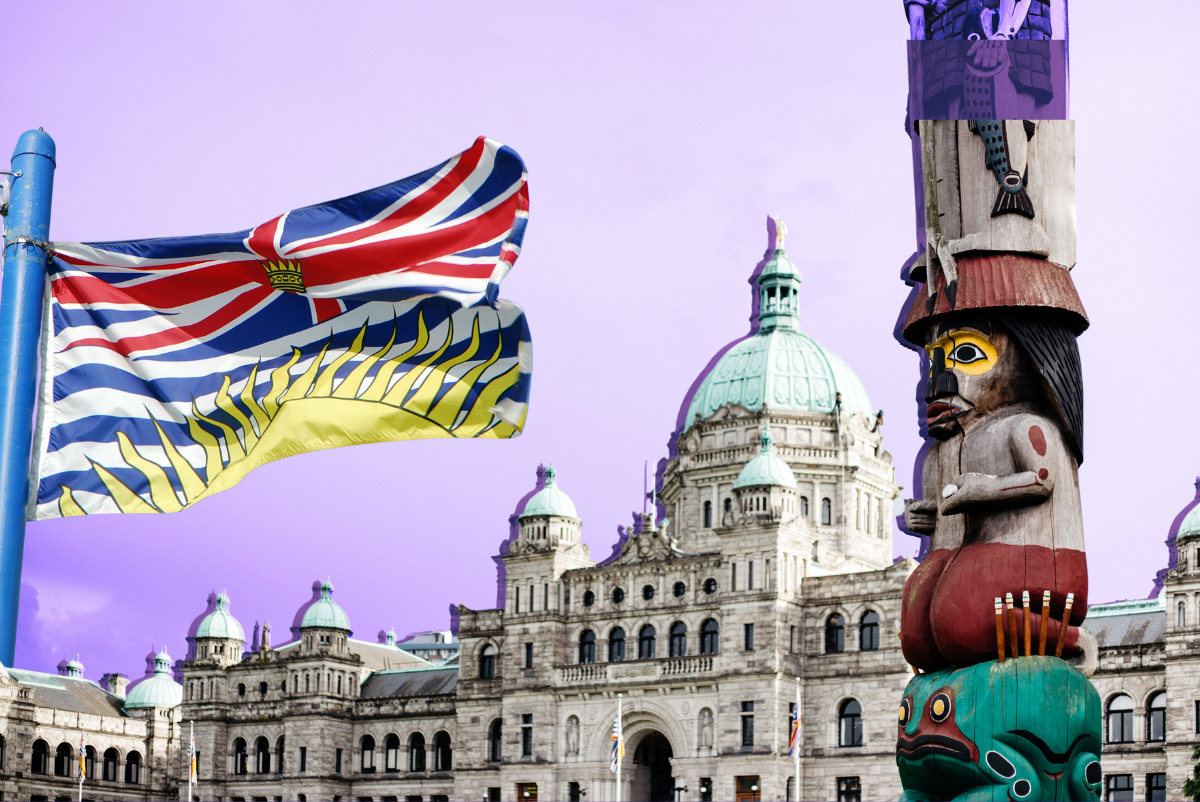
BC has recently taken an innovative step forward by decriminalizing small amounts of certain drugs like crack, heroin and MDMA for personal use. The Canadian province is now following the footsteps of other countries, like Portugal, that have led the way in changing their approach to drug possession and shifting away from prosecution.
As of January 31, 2023 adults in BC no longer face criminal penalties for carrying small amounts of certain drugs. The exemption granted by Health Canada extends until January 31, 2026, meaning BC residents may soon enjoy a little more freedom than our neighbors in other provinces.
The goal of the program is to provide better access to treatment and support services, and to reduce the stigma associated with drug use.
It is essential to note that decriminalizing personal possession of drugs is merely a single step in obtaining broader health-centric drug policy reforms. In order for these changes to be successful, there must also be an elevated focus on diminishing harm and providing treatment services.
The Never-Ending Debate Over Drug Decriminalization
BC’s drug decriminalization should encourage some thought-provoking conversations from both sides of the spectrum. Proponents of BC’s reforms might suggest it will lead to decreased incarceration and improved health support for drug users. Detractors, however, may be inclined to say that it will lead to higher drug-related incidents and deaths. Before jumping to any sweeping conclusions, it’s wise to take a look at Portugal’s history as a successful benchmark. Portugal adopted an approach similar to BC in 2001 — focusing on reducing harm and keeping users out of prison — and has achieved remarkable results in decreasing the number of overdoses while also redirecting resources away from criminal justice towards public health initiatives. BC should likewise aspire to replicate these outcomes in the future.
What Does BC’s Exemption Entail?
Going forward, adults aged 18 and over won’t have to worry about getting an arrest or charges for having a personal amount of illicit drugs – such as heroin, fentanyl and morphine, crack and powder cocaine, meth, and MDMA (ecstasy).
The “time-limited exemption” will apply for amounts up to 2.5 grams, according to the BC government.
What Does This Mean for British Colombians Found in Possession of These Drugs?
Adults aged 18 and above who are caught in possession of a blend of drugs up to 2.5 grams under the BC exemption will not be criminally charged or have their drugs confiscated.
Instead, people in need will be provided with information about health and social resources, such as local treatment and recovery services upon request.
So What Will Remain a Criminal Offense?
While BC has made great strides in its attempts to support positive health outcomes, it’s important to remember that there are still consequences for holding any amount of non-exempt drugs, or exempt drugs whose quantity exceeds the 2.5 gram threshold.
It is essential to bear in mind that the decriminalization of an activity does not equate to its legalization. Certainly, trafficking of illicit drugs is still illegal under this exemption, regardless of the amount found in possession.
Furthermore, these substances will still be prohibited from being sold in any retail establishment. It’s clear then that while there are some milder penalties imposed by implementing a policy like this one, it certainly doesn’t mean people can freely purchase and use them with impunity.
The exemption does not cover specific cases, places, and people below the age of eighteen.
What does that mean?
According to the BC government, any adult found to have illegal drugs in their possession while on elementary and secondary school premises, licensed child-care facilities, airports or Canadian Coast Guard vessels/helicopters may be subjected to criminal charges.
In many cases, illegal drug use will continue to be prohibited on private property, including places like shopping malls, bars and cafes. Police will retain legal authority to remove people from these premises under the authority of the Trespass Act if open drug use is occurring against the wishes of the owner.
“However, adults removed from private establishments would not be subject to federal criminal charges for their personal possession of up to 2.5 grams of the illegal drugs listed in the exemption”, the BC government says.
What’s more, local authorities are still able to issue bylaws that control public substance use.
What Lies Ahead?
By examining other countries and states who have successfully implemented drug decriminalization, we can gain a better understanding of how the BC reform may pan out.
Portugal’s Drug Related Deaths
In 2001, Portugal had similar drug death rates to other countries in the European Union. After the drug decriminalization reform was implemented, Portuguese deaths decreased while the rest on Europe experienced an increase. From 2011 onward, both Portugal and EU nations experienced rising death tolls until 2015-2016; however, there is still a visible gap between them that did not exist prior to reform efforts.
Compared to the 2019 EU average of 23.7 death per million among individuals aged 15-64, Portugal only records 6 deaths – that’s practically 50 times lower than Scotland at 315 deaths per million! It is evident that drug-related fatalities are far more manageable in Portugal when compared to other European countries.
Crime Rates Post Drug Decriminalization
In the last two decades, Europe’s average sentencing rate for drug-related cases has steadily grown from 14 to 18%, but Portugal experienced a remarkable shift in the opposite direction. In 2019, only 15.7% of people were incarcerated due to drugs – making them below the European standard. After the drug decriminalization and the creation of a health-oriented approach, most of this decline occurred rapidly over the course of 10 years.
Drug Use Rates in Portugal Post Drug Decriminalization
For the past two decades, Portugal’s drug use levels have been significantly lower than the rest of Europe. This is especially true for those aged 15-34 – with some of the lowest usage rates across all of Europe.
Following the passage of drug policy reform, illegal drug use experienced a slight uptick among the general population in the first five years. However, this figure dropped again over the subsequent five-year period. Among 15-24 year olds specifically, usage declined across ten years and was at its lowest level in 2012 than it had been since 2001.
All in all, it seems like BC’s approach may prove to be beneficial, not only due to the decriminalization of drugs but also because it encourages wider responses that place emphasis on public health rather than punishment. Accepting the reality of drug-use is ultimately more productive than attempting to suppress its existence through strict legislation. Let’s not forget that the Portuguese model served as a blueprint for the decriminalization law passed in Oregon during 2020 and also was used as inspiration for similar proposals elsewhere. With BC’s population of just over 5 million people, it will be interesting to see what effects this policy change has on society. This is an important step forward in addressing Canada’s drug problem, and we’ll be watching closely to see how it goes.





